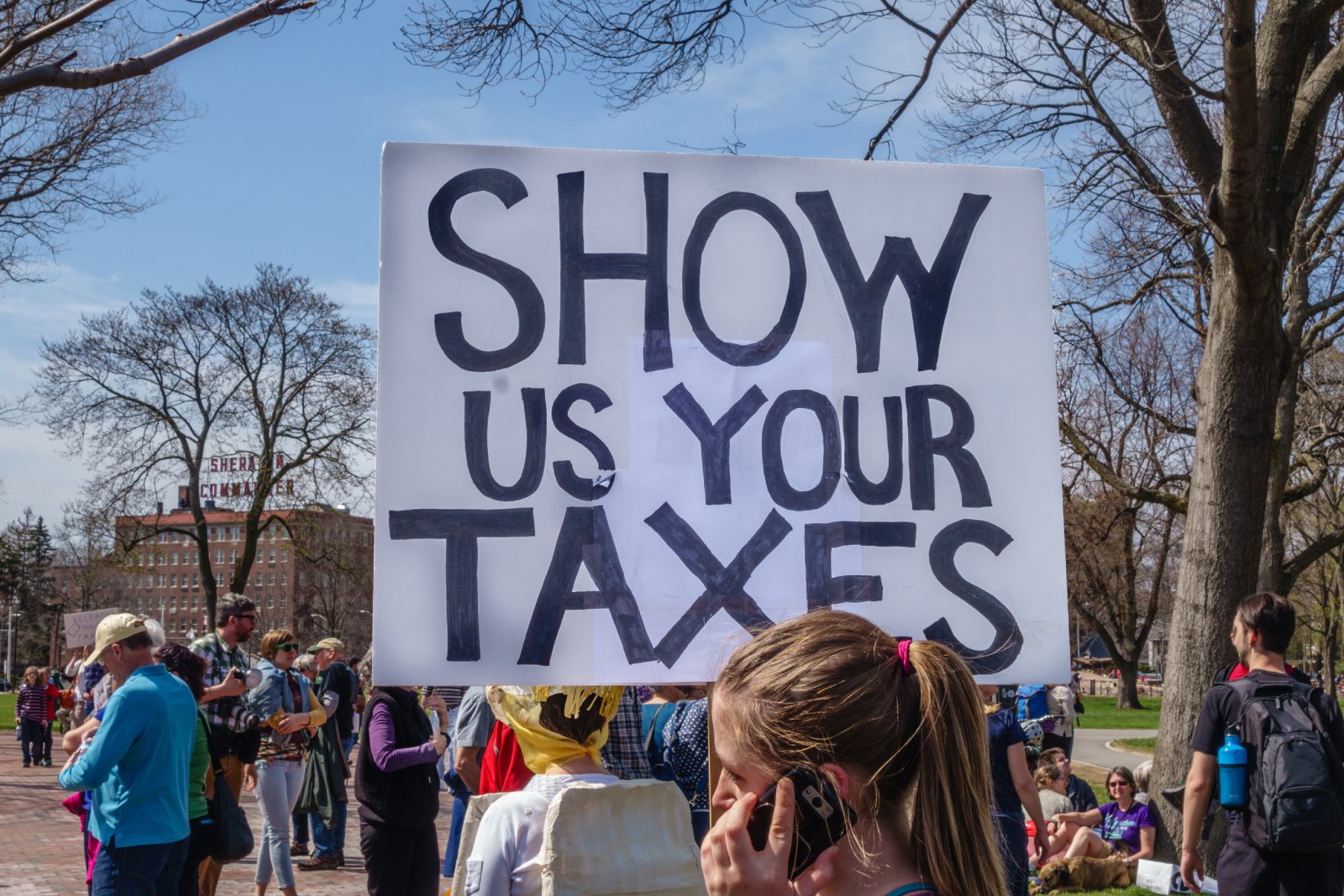The pandemic turned remote work from a novelty into a norm, but for many New Jersey residents working for New York-based companies, it has also brought about a taxing headache. This situation has become increasingly contentious, with telecommuters feeling the pinch of dual taxation.
Pandemic-Era Telecommuting

During the pandemic, telecommuting became a lifeline for many. Now, it’s a permanent fixture in the work landscape. However, employees of New York-based companies who reside in New Jersey and Connecticut are questioning why they still have to pay income tax to New York despite working from home.
Tax Credit Initiatives

New Jersey has stepped up with a solution: offering a state tax credit to residents who successfully appeal their New York tax assessments. Connecticut is considering a similar measure, aiming to relieve their residents of the financial burden and reclaim lost tax revenue.
Financial Impact

The stakes are high. New Jersey estimates it could gain up to $1.2 billion annually if residents working from home for New York companies are taxed at home. Connecticut officials project a potential recoupment of about $200 million. These figures highlight the significant financial impact of the current tax policies.
Legal Challenges

The crux of the issue lies in New York’s “convenience of the employer rule,” which mandates that out-of-state commuters working for New York companies must pay New York income taxes unless they meet strict home office requirements. This rule is under fire from telecommuters who are legally challenging its fairness and applicability in today’s remote work environment.
Tax Rates

Tax rates add another layer of complexity. New York’s top marginal state income tax rate is 10.90%, significantly higher than Connecticut’s 6.99% and New Jersey’s 10.75%. This disparity makes the financial burden even more pronounced for telecommuters.
Supreme Court Challenges

Overturning New York’s tax rule may require intervention from the U.S. Supreme Court. Previous attempts by other states, such as New Hampshire, have failed. The legal battle ahead is daunting, but advocates remain hopeful that change is possible.
Public Sentiment

There’s growing dissatisfaction among telecommuters and state officials regarding the current tax rules. The call for change is getting louder, with demands for policies that reflect the new realities of remote work post-pandemic. This sentiment is driving legislative efforts to address these issues.
Current Legislative Efforts

Both New Jersey and Connecticut are actively pursuing legislative measures to address the taxation of telecommuters. Connecticut Governor Ned Lamont is pushing for initiatives similar to New Jersey’s, aiming to reclaim tax revenues and support their residents.
Recent Developments

As of early 2024, New Jersey has started seeing residents successfully appealing their New York tax assessments. These successes are setting precedents, encouraging more telecommuters to challenge the existing tax rules. Legal experts suggest that continued successes could prompt more significant changes.
Economic Projections

States neighboring New York continue to project significant revenue gains if the current tax policies are overturned. These projections are fueling legislative efforts, as states see the potential financial benefits of supporting telecommuters in their legal challenges.
Public Response and Advocacy

Advocacy groups and legal professionals are increasingly vocal about the need for updated tax policies that reflect the modern work environment. There is growing public support for these changes, with telecommuters feeling the dual taxation burden and calling for fairer policies.
Potential Federal Involvement

Discussions around potential federal intervention or guidelines to standardize telecommuting taxation are emerging. Federal involvement could simplify the complexities faced by multi-state workers, making the tax landscape more navigable for everyone.
Case Study: Open Weaver Banks

Open Weaver Banks, a tax attorney from New Jersey, prefers working from home to enduring the “awful” commute into New York City. She successfully appealed her New York tax assessment, receiving a $7,797.02 refund. Her case is inspiring others to follow suit, highlighting the real-world impact of these tax policies.
Real-World Consequences

The financial strain of dual taxation is significant, particularly for middle-income workers who can’t afford expensive legal battles. This situation disproportionately affects those who are less financially secure, making the call for change even more urgent.
Looking Ahead

As legislative efforts continue and more telecommuters challenge their tax assessments, the landscape of remote work taxation may change significantly. The next few years will be crucial in determining whether New Jersey and Connecticut can effectively reclaim tax revenues and support their residents.
The Big Question

As we move forward, the question remains: will these efforts to address the remote work tax mess be enough? Telecommuters are hopeful, but the road ahead is challenging. The next few years will reveal whether these legislative and legal battles can bring about the necessary changes for a fairer tax system.
Millennials Are Over It: 25 Reasons Woke Culture Is Losing Its Charm

Has the push for progress tipped too far into preachiness? Here’s why many Millennials might think so. Millennials Are Over It: 25 Reasons Woke Culture Is Losing Its Charm
Is It Time Boomers Paid the Price for America’s Economic Inequality?

The American Dream feels more elusive than ever, especially for younger generations. What was once achievable through hard work now faces significant hurdles, from skyrocketing college costs to the challenging pursuit of homeownership. Here’s a look at why it’s tougher for Millennials and Gen Z compared to Baby Boomers. Is It Time Boomers Paid the Price for America’s Economic Inequality?
Rent Crash in California: Landlords Scramble as Prices Take a Hit

California’s rental market is taking a nosedive, with major cities seeing huge drops in rent prices. Rent Crash in California: Landlords Scramble as Prices Take a Hit
Featured Image Credit: Shutterstock / Zivica Kerkez.
The content of this article is for informational purposes only and does not constitute or replace professional financial advice.
For transparency, this content was partly developed with AI assistance and carefully curated by an experienced editor to be informative and ensure accuracy.





Leave a Reply